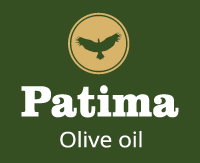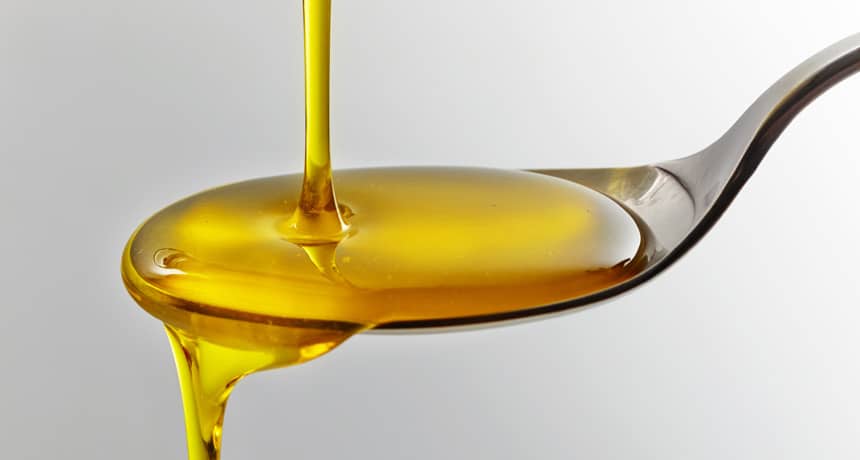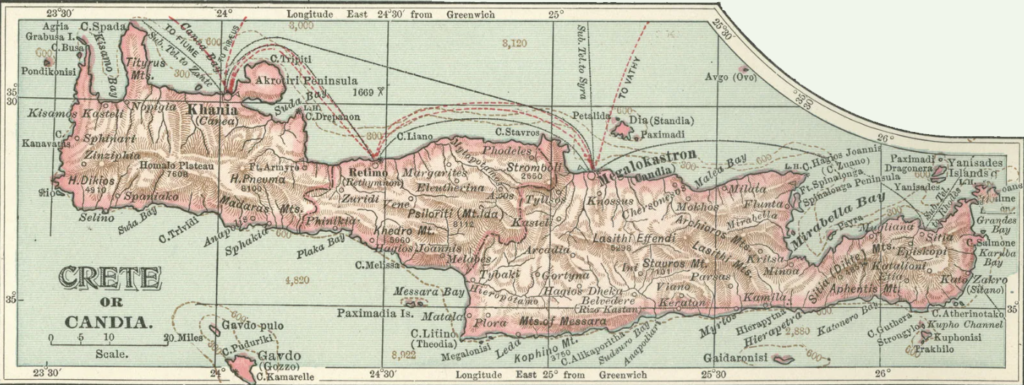
Crete: Home of High-Quality Olive Oil
Crete, the largest island in Greece, has long been celebrated for its production of top-tier olive oil. With a rich history dating back to the Minoan civilization, olive cultivation is deeply ingrained in the island’s cultural heritage.

Historical Significance of Olive Cultivation in Crete
Olive cultivation in Crete traces its roots to the Minoan civilization, showcasing the enduring legacy of this ancient practice. The olive tree holds a prominent place in Cretan culture, symbolizing abundance, prosperity, and longevity.

Climate and Soil Conditions
The climate and soil conditions of Crete provide an idyllic setting for olive cultivation. The island’s temperate climate, abundant sunshine, and nutrient-rich soil create optimal conditions for olive trees to thrive, yielding fruit of exceptional quality.

Varieties of Olive Trees in Crete
Crete boasts a diverse range of olive tree varieties, each contributing its own distinct flavor and aroma to the island’s olive oil. Among the most common varieties are the Koroneiki and Tsounati olives both prized for their unique characteristics and culinary versatility.

Olive Oil Production in Patima
Situated southeast of Chania, the olive groves of Patima benefit from a unique microclimate and diverse geographical features, resulting in olive oil of exceptional quality. Patima olive oil holds a special significance as it is produced in the Apokoronas PDO area, which is renowned for its connection with the freshwater Lake Kournas.
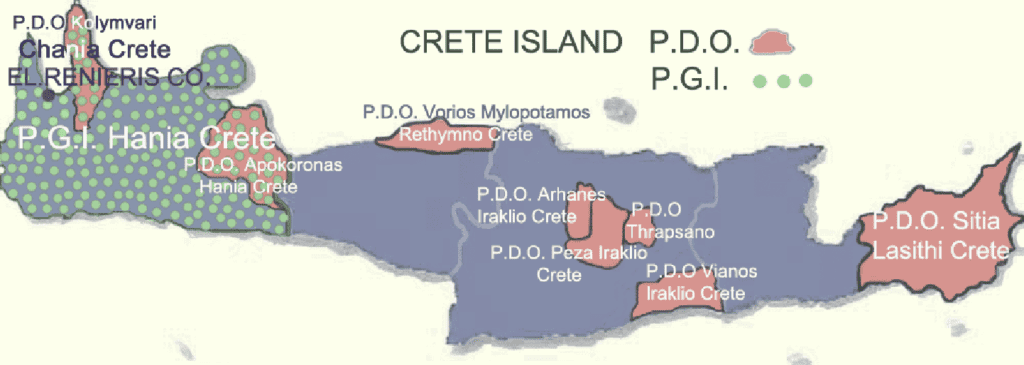
EU Classification and Certification
Chania has earned the prestigious designation of PGI (Protected Geographical Indication) by the European Union, underscoring the region’s commitment to producing high-quality olive oil. Additionally, the Apokoronas PDO area, including Patima, adheres to strict standards to maintain the authenticity and purity of its olive oil.
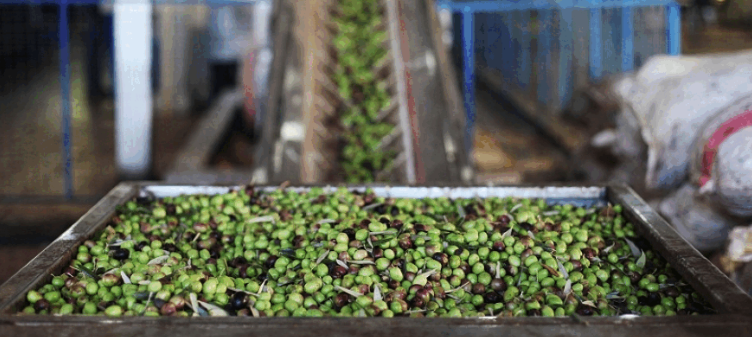
Production Process
Cretan olive oil is produced using time-honored methods, with an emphasis on preserving the natural flavors and aromas of the olives. Cold-pressing, a traditional extraction method, ensures that the oil retains its integrity and nutritional value. Additionally, Cretan olive oil is typically left unfiltered, enhancing its richness and nutritional content.
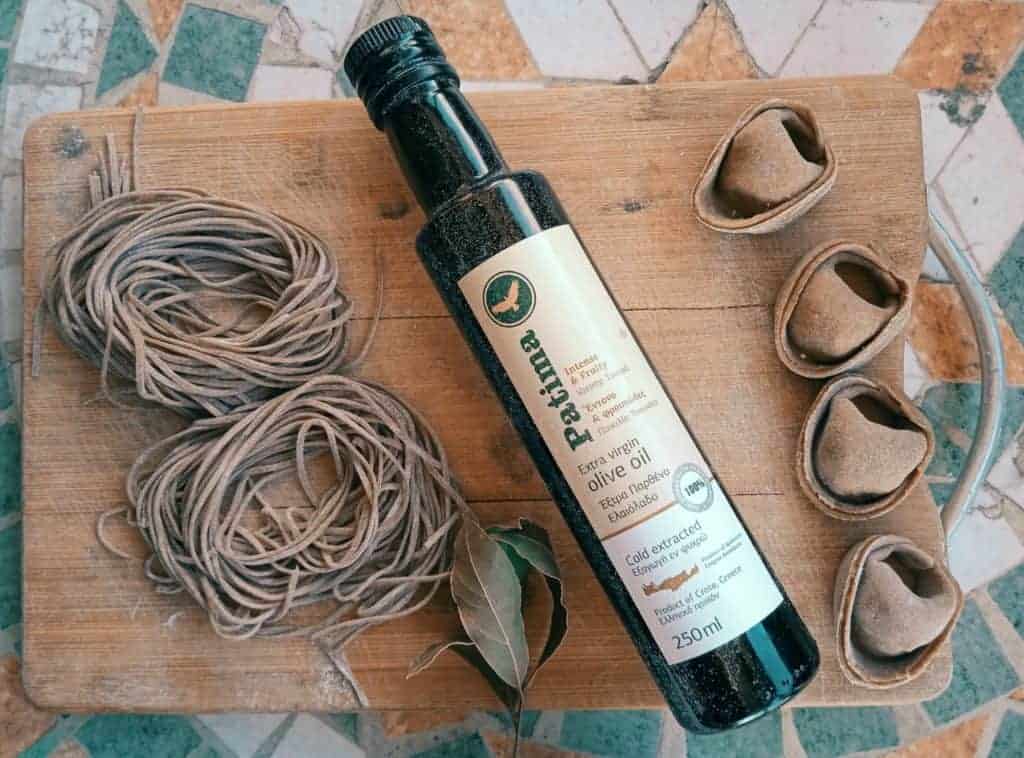
Uses of Cretan Olive Oil
Renowned for its exceptional taste and quality, Cretan olive oil is a staple ingredient in Mediterranean cuisine. From drizzling over salads to marinating meats, it adds depth and complexity to a wide range of dishes. However, it is recommended to avoid heating Cretan olive oil to high temperatures to preserve its delicate flavors and health benefits.
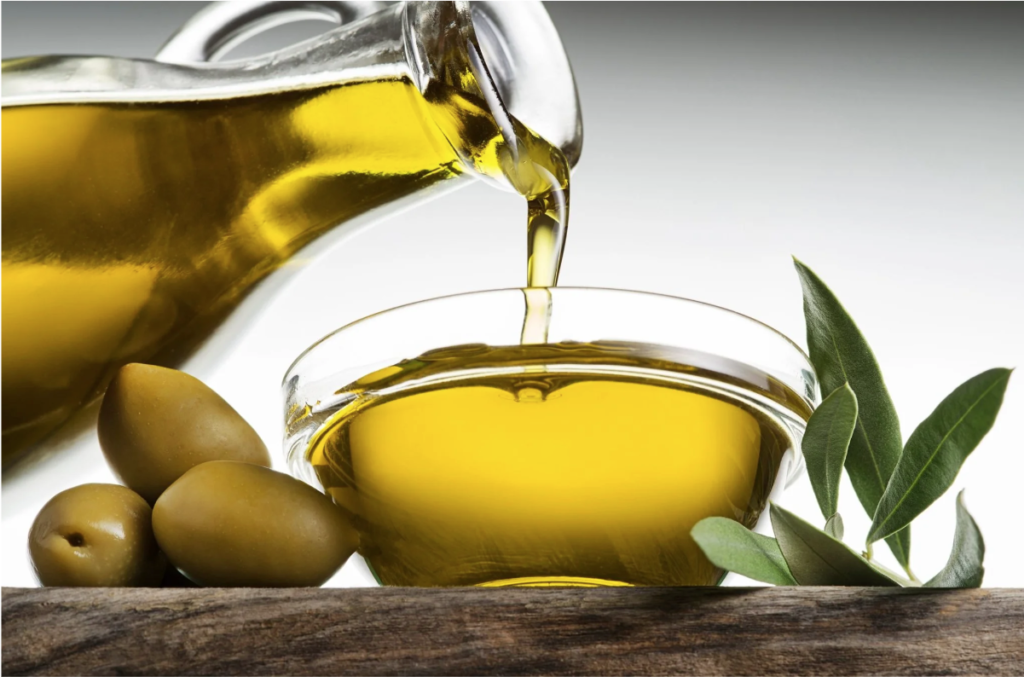
Health Benefits
Cretan olive oil is not only prized for its exquisite taste but also for its numerous health benefits. Rich in monounsaturated fats and antioxidants, it may help to reduce the risk of heart disease, stroke, and cancer. Additionally, it has been linked to improved cognitive function, making it a valuable addition to any diet.
